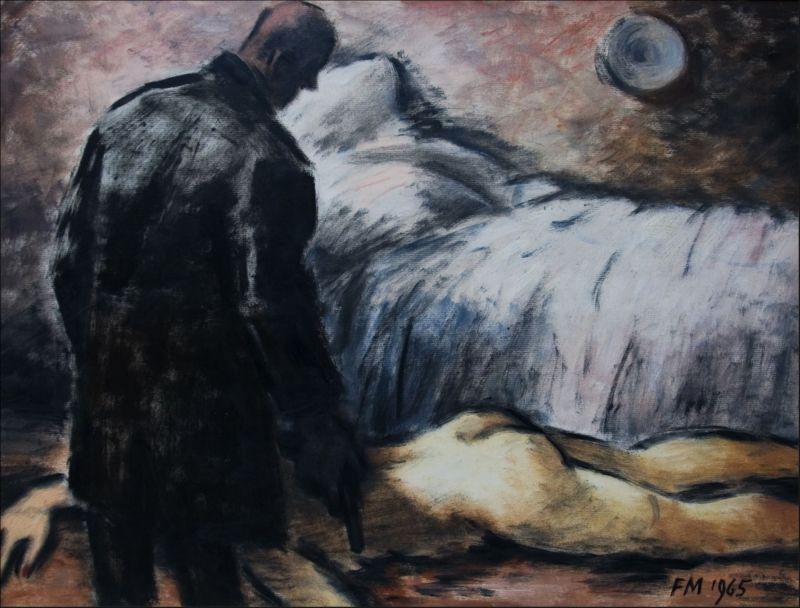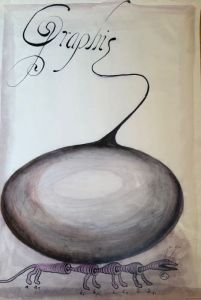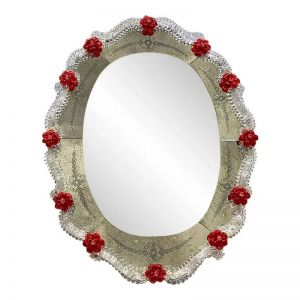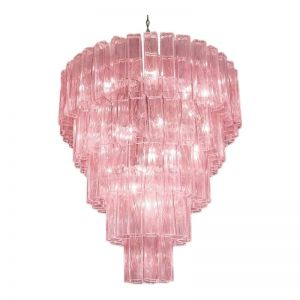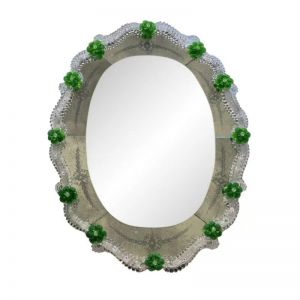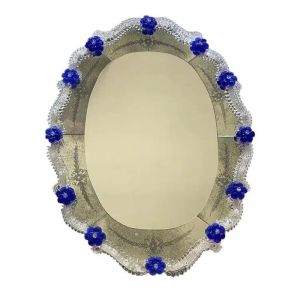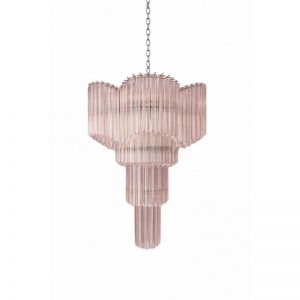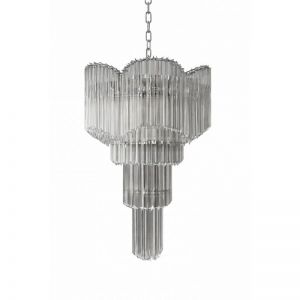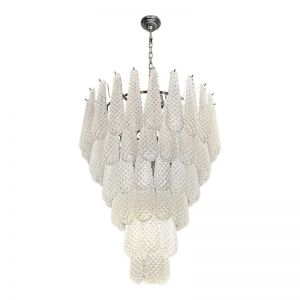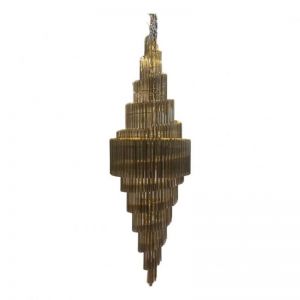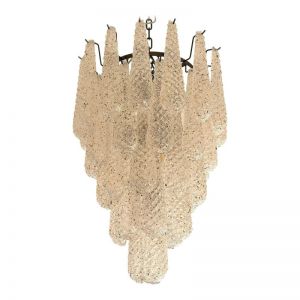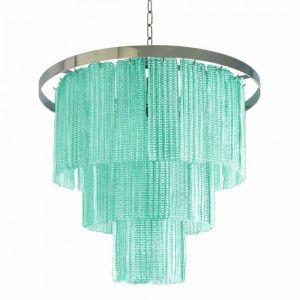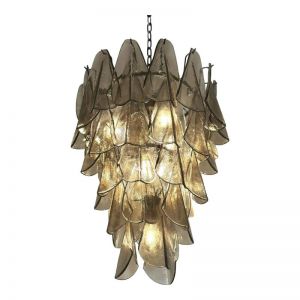Un Crime Passionell
€11.000,00
Frans Masereel was born on July 30, 1889 in Blankenberghe, Belgium. In 1896 his family moved to Gent.
From 1907 - 1908 he attended the art academy of Jean Delvin. After leaving the academy Masereel traveled extensively.
In 1911 he relocated to Paris where he lived for four years during World War I. He later moved to Switzerland, where he worked as an illustrator and graphic artist for the Red Cross and for various journals and magazines.
Around 1920 woodcarving series emerged including "Passion of a Man", "My Book of Hours", "The Idea", "The Sun" and "History without Words". These works were mainly social criticisms and contributed to Masereel's international popularity.
Also in the 1920s illustrations emerged of works of world literature by Thomas Mann, Stefan Zweig, and Emile Zola.
In 1921 Masereel moved back to Paris.
In 1930 he participated in numerous exhibitions, including those in Moscow, Amsterdam, Munich, Hamburg, Cologne, and Berlin.
1939 exhibition at the Perls Gallery in New York.
On June 13, 1940 Masereel, his wife, the wife of Jean Richard Bloch, their daughter, and the daughter of Thea Sternheim fled Paris on foot ahead of the advancing German troops in the south. Masereel eventually settled in Avignon.
On September 10, 1968 Pauline Masereel died in Nice, and Masereel was appointed the honorary senator of the Academy of Fine Arts in Dresden.
On January 3, 1972 Frans Masereel died in Avignon.
Frans Masereel created a universal reality from the material of the present, concrete, and local. Amidst life in the big city, the streets and the fate of the masses in their historical context, and the drive for a more humane world struggle, artists became a source of inspiration. The clear picture language of his wood carvings is bound to rationalism, but it lacks the sarcasm of an Otto Dix or Georg Grosz. His work moves between subjective experiences, and objective filtered generalizations, which is concerned with portraying the bare truth. The belief that art can change something caused the artist to strive less towards a purely artistic goal. Rather he worked to serve social justice and pacifism and to supply numerous publications in magazines and journals using his symbolic vocabulary. Creation and moral responsibility went hand in hand for Frans Masereel.
In his painting emerge pictures of hopeful, positive subjects. One recognizes the technical skill of the wood-block engraver behind the work. Heavy, dark lines combined with large, luminous color areas allow clear, simple compositions to emerge. However, the characteristic style is still casual and relaxed.
In woodcarving the artist employs a strong black-white contrast. His distinct forms and compositions are impressively complex. As a master of lines and surfaces Frans Masereel understands expert everyday symbols, in order to illustrate dramatic world affairs.
Stylistically Masereel is difficult to classify. During his life he remained faithful to realism and that remains the best description of his style.
Quantity:
1
Period:
1960-1969
Place of origin:
Style:
Modern
Dimensions (cm):
50H x 65W x
Dimensions (inch):
19,69H x 25,59W x
Creator / Artist:
Frans Masereel
Material:
Gouache , Board
Condition:
Good;
Inventory ID:
A2018010
Payment options:
Bank wire transfer
Shipping regions:
Worldwide
Galerie Lehner
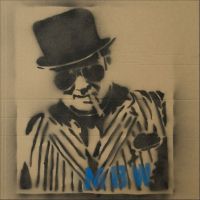
Latest items
Published in Furniture, Lighting, Decorative Objects and Fine Art categories
